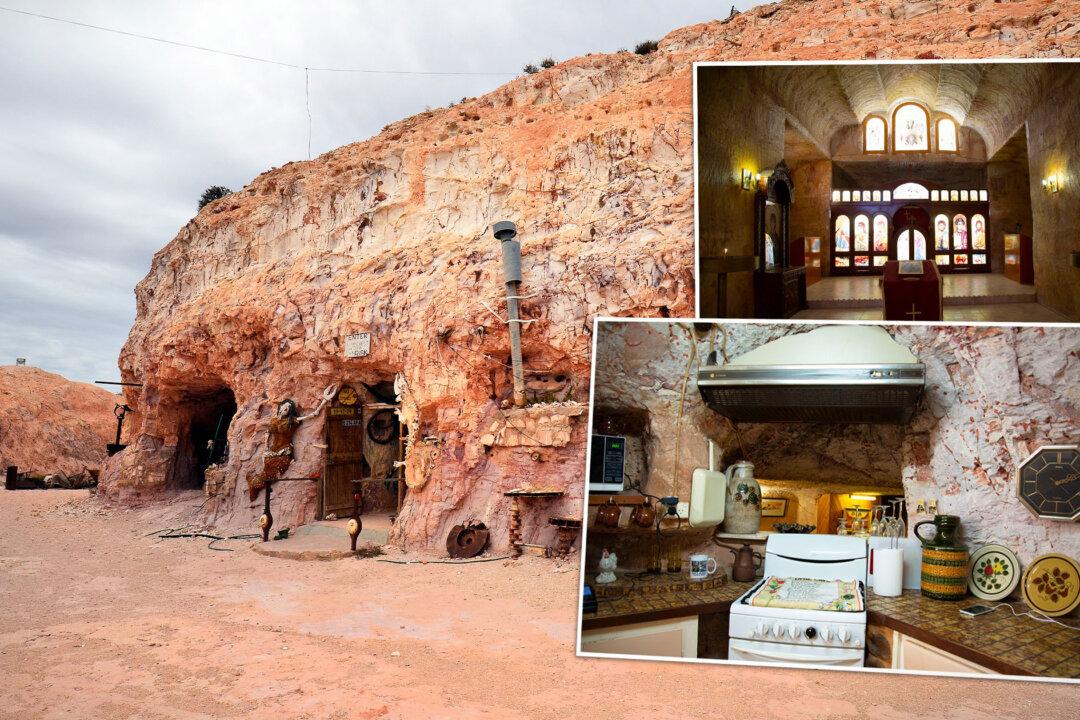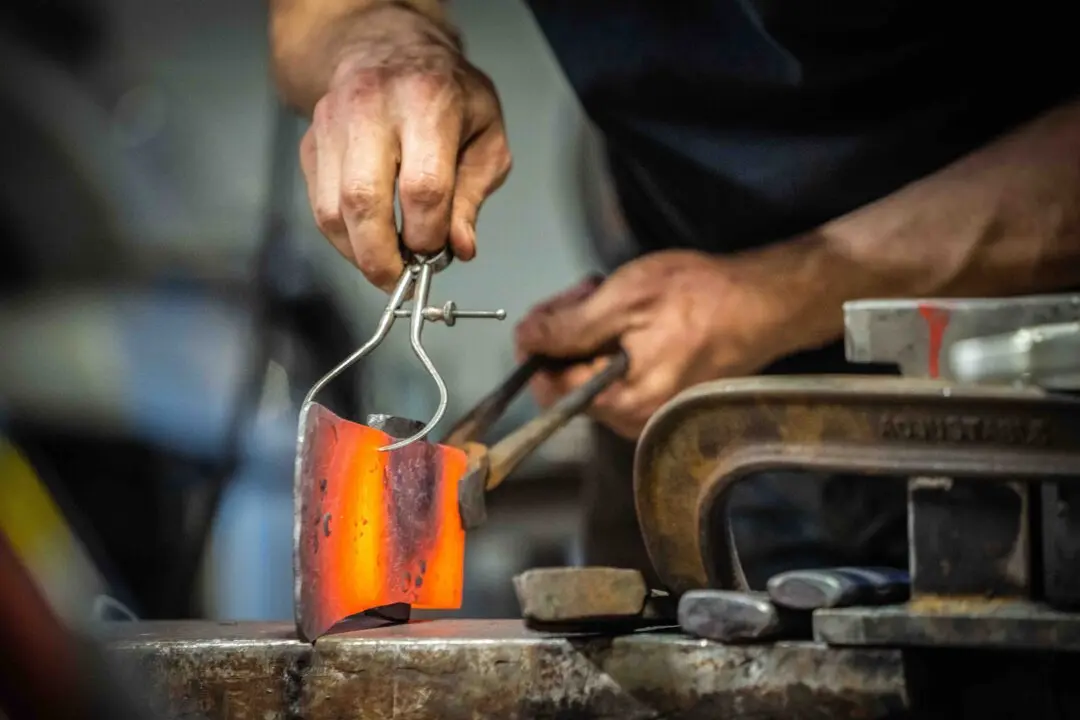Disclaimer: This article was published in 2023.
Deep in the South Australian outback, there lies a town where some 50 percent of its people live underground. The reason? It’s not due to some nuclear catastrophe or a mass case of agoraphobia. Rather, intense summer heat—and winter cold—is what led most of its approximately 2,000 inhabitants to carve out a subterranean home.






